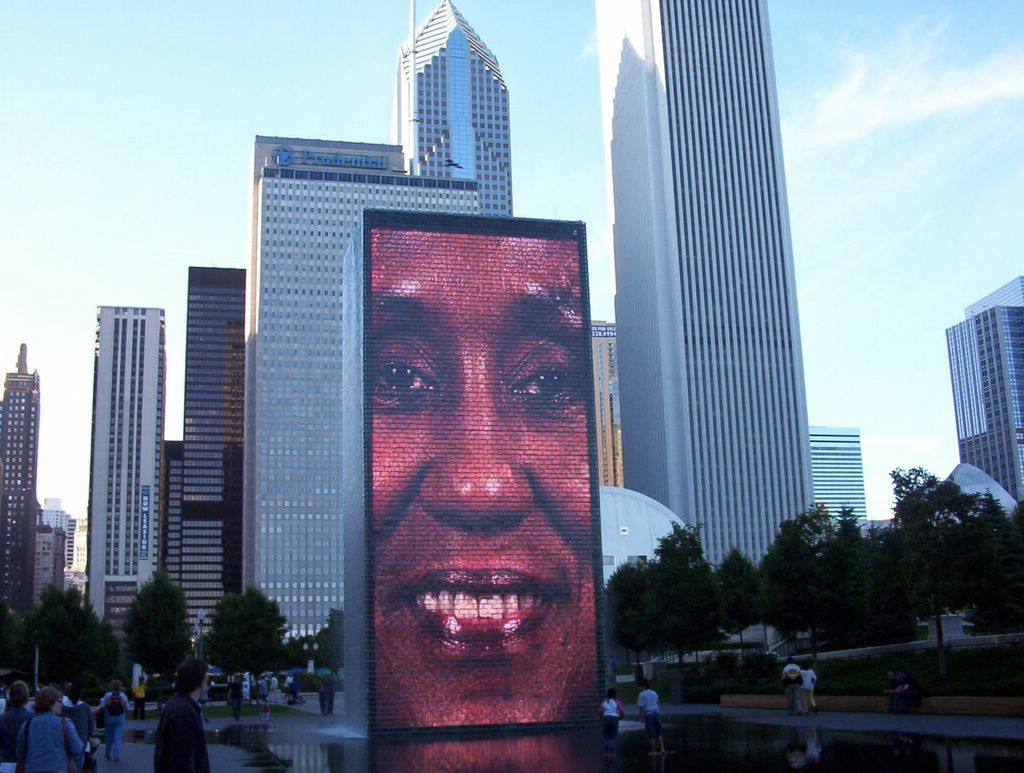Who are the doctors who don't get stressed at work? Check if you have the personality type

Who are the doctors who don't get stressed at work? According to this meta-analysis, the personality type to have is: extravert who is open to experience and has a deep learning style. If you are this type, congratulations! If not, read below, and be sure to check the references at the end.
The Big Five personality inventory measures personality based on 5 key traits:
1. neuroticism
2. extraversion
3. agreeableness
4. openness to experience
5. conscientiousness
The major 5 personality factors are abbreviated in the acronyms OCEAN or CANOE:
- Openness to experience (inventive/curious vs. consistent/cautious)
- Conscientiousness (efficient/organized vs. extravagant/careless)
- Extraversion (outgoing/energetic vs. solitary/reserved)
- Agreeableness (friendly/compassionate vs. challenging/callous)
- Neuroticism (sensitive/nervous vs. resilient/confident)
There are several approaches to work (SSD):
- Surface-disorganised approach is apparently the worst, and is predicted by surface learning in medical school and by higher neuroticism scores and lower conscientiousness
- Surface-rational approach to work is predicted by strategic learning in medical school, and by less openness to experience and higher conscientiousness
- Deep approach to work is predicted by a deep approach to learning at medical school, by greater extraversion, by greater openness to experience, and by lower emotional exhaustion. This is supposed to be the best.
A deep approach to work occurs in extraverts who are open to experience and have a deep learning style. The surface-rational and surface-disorganised approaches to work are both greater in those with a surface learning style. However, a surface-disorganised approach occurs in individuals with higher neuroticism scores, in those with lower conscientiousness scores, and in those who have been stressed, whereas the surface-rational approach to work occurs in strategic learners and in those who are low in openness to experience.
A workplace climate dominated by a high workload is predicted by higher stress and emotional exhaustion measures five years earlier, and by lower openness to experience. A supportive-receptive workplace is predicted by lower stress and depersonalisation, and a higher sense of personal accomplishment when measured previously, and by a more agreeable personality.
"A critical element contributing to the stress that many conscientious doctors experience is internal". According to researchers, stress is not a characteristic of jobs but of doctors. Different doctors working in the same job being are no more similar in their stress and burnout than different doctors in different jobs.
References:
Stress, burnout and doctors' attitudes to work are determined by personality and learning style: A twelve year longitudinal study of UK medical graduates. BMC Medicine20042:29, DOI: 10.1186/1741-7015-2-29.
Physician Burnout Now A Top Concern Across the United States. Wael Barsoum.
Who blogs? Personality predictors of blogging
Comments
Post a Comment